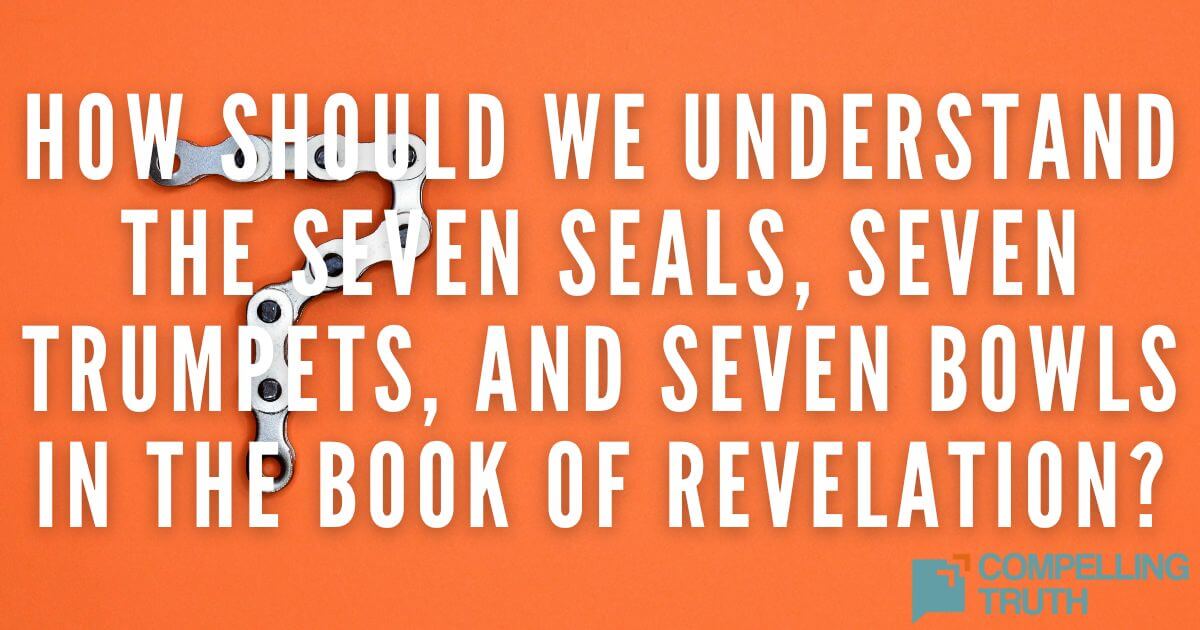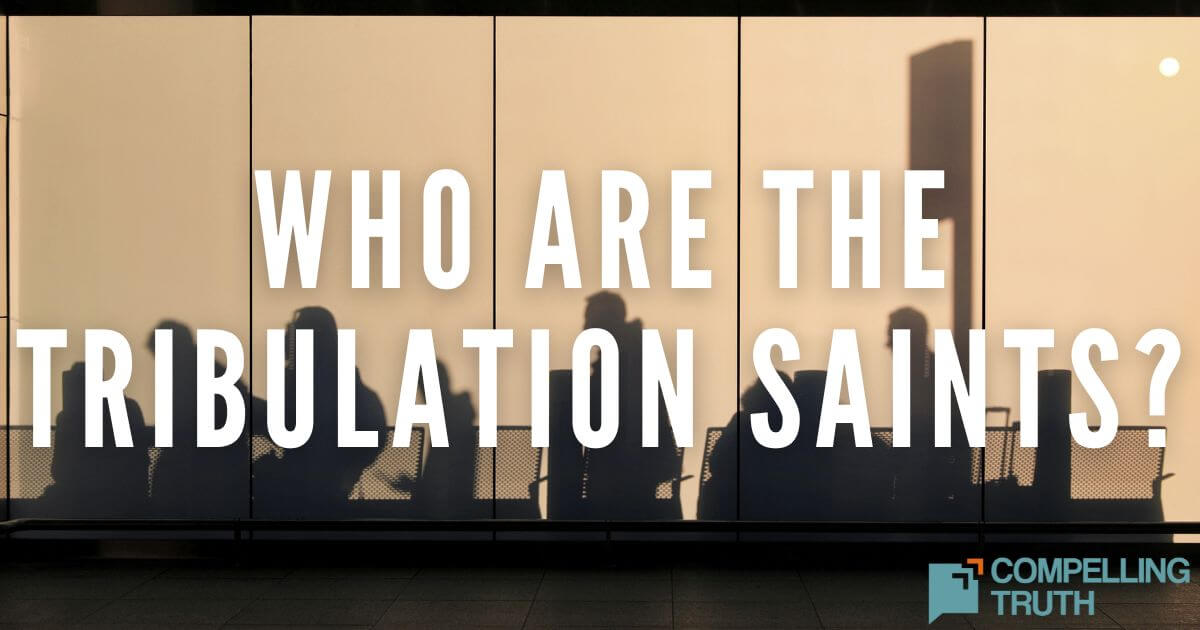The end times tribulation is a seven-year period when God judges Israel and the world for their unrighteousness before establishing Jesus as the King. The tribulation is marked by the rise of the Antichrist, who will deceive many and bring persecution, especially to Israel and believers. The Old Testament, particularly Daniel, reveals that this period follows the rebuilding of Jerusalem and is meant to bring Israel to repentance and acceptance of Jesus as their Messiah. The New Testament confirms that the tribulation will involve intense judgment through seals, trumpets, and bowls, with natural disasters, wars, and demonic activity, culminating in the return of Christ to defeat the Antichrist. Ultimately, the tribulation holds the world accountable for rejecting God. There is hope for those who trust in Jesus, and we are called to recognize the severity of the end times tribulation and help others also see the hope offered through Christ.
Like the prophecies about the rapture, the purpose of the prophecies about the tribulation are meant to convict and to provide hope. The angel who gave Daniel his prophecy finished by saying, "Go your way, Daniel, because the words are rolled up and sealed until the time of the end. Many will be purified, made spotless and refined, but the wicked will continue to be wicked. None of the wicked will understand, but those who are wise will understand. From the time that the daily sacrifice is abolished and the abomination that causes desolation is set up, there will be 1,290 days. Blessed is the one who waits for and reaches the end of the 1,335 days" (Daniel 12:9–12 [NIV]). Our role, then, is to explain that the suffering of the tribulation can be avoided if people put their trust in Jesus and to pray that those caught in the tribulation will find these words and understand. Those of us who do have a saving relationship with Jesus can find hope in the words the angel directed at Daniel in verse 13: "As for you, go your way till the end. You will rest, and then at the end of the days you will rise to receive your allotted inheritance" (Daniel 12:13 [NIV]).




